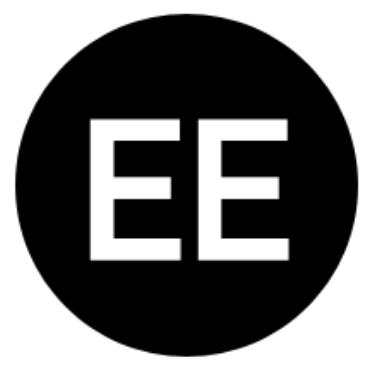In pondering what perks the future may hold for the benefit of society, I wonder when the time will come when students can earn educational degrees at virtual institutions that hold equivalent weight to the certificates earned by students attending brick and mortar institutions. Let’s examine the current state of brick and mortar education vs. online education as measured by a variety of metrics.
Cost
There’s not much contest when cost is the factor. Many MOOCs (Massive Open Online Courses) are free to take, although costs can increase depending on the course. Certificate programs from well known universities usually cost more, but the university is associating their prestige with the material. However, this pales in comparison to the average cost of a 4 year private college in the USA, which costs around $30k+/yr.
Winner: Online education
Dropout rate
Particularly in the USA, college graduation rates aren’t great. Many metrics show that the USA’s educational system doesn’t stack up too well when compared to other developed countries. In the USA, about 40-60% of college attendees actually receive a degree within their first 6 years of college. However, this is dramatically better than the 7-10% completion rate of MOOC courses. It should be noted that this comparison is not truly equal, since MOOC courses can include students from anywhere (not just the USA), and the completion rate is for individual courses, not a full degree.
Winner: Brick and mortar education
Content
The internet is a trove of data, so it’s hard to argue that the internet in aggregate would be less informative than brick and mortar an undergraduate class. However, classes are designed specifically to convey the most crucial aspects of a topic that a student would find useful. I would argue that classes based largely on reading the material, lectures, and homework exercises can be taught equally efficiently in the offline and online medium
Winner: Tie
Respectability
The value of a degree is in the eye of the beholder, so it’s highly subjective. My personal opinion is that brick and mortar education wins easily today, but there’s some specific skills (e.g. programming) where online education is already starting to compete in some niche expertise areas. I think that once the number of niche subjects with high quality online programs proliferate, that online education will become more competitive in the future.
Winner: Brick and mortar education (for now…)
Soft skills
I’ll start by framing this by stating that I am examining this category with respect to time spent in class and ignoring time spent outside of class (because arguably an online education only offers “time spent in class”). Interacting with a cohort of fellow motivated students is arguably one of the more valuable takeaways from a brick and mortar education. But I argue that this is NOT the purpose of tuition for at a typical school. It’s a nice feature at brick and mortar schools, but the school provides a meager portion of tuition funds for student activities. Post-graduation, the same activities found in student activities can be found as community groups, which charge an annual fee significantly lower than tuition fees (if there’s a charge at all). So while I would agree that an online education as it stands today does not encourage the building of soft skills, an online education couple with soft skill activities outside of time spent in class should not be any less conducive than a brick and mortar education.
Winner: Tie (but debatable)
Summary
In short, I see a point in the future, perhaps 15-20 years from today, where online classes and degrees are at least as useful for learning as offline classes. Even if online degrees are not as well respected by that point, I see an inflection point on the horizon where partaking in an online education becomes a more serious alternative to an expensive brick and mortar college education.
Weekly Extreme Exception
Daniel Tammet’s amazing memory and learning ability is unusually adept, in part because he is a savant. His memory feats include memorizing pi to over 22,000 digits and learning Icelandic in a week, as the video below shows. There’s ongoing research into whether the exceptional abilities that some savants possess could be harnessed by the greater populous, and I’m intrigued to see what conclusions this research comes to in the future. However, despite Daniel’s memory abilities, he only placed 4th in the 2000 world memory championships, which goes to show how training the mind can also bring about exceptional results.

